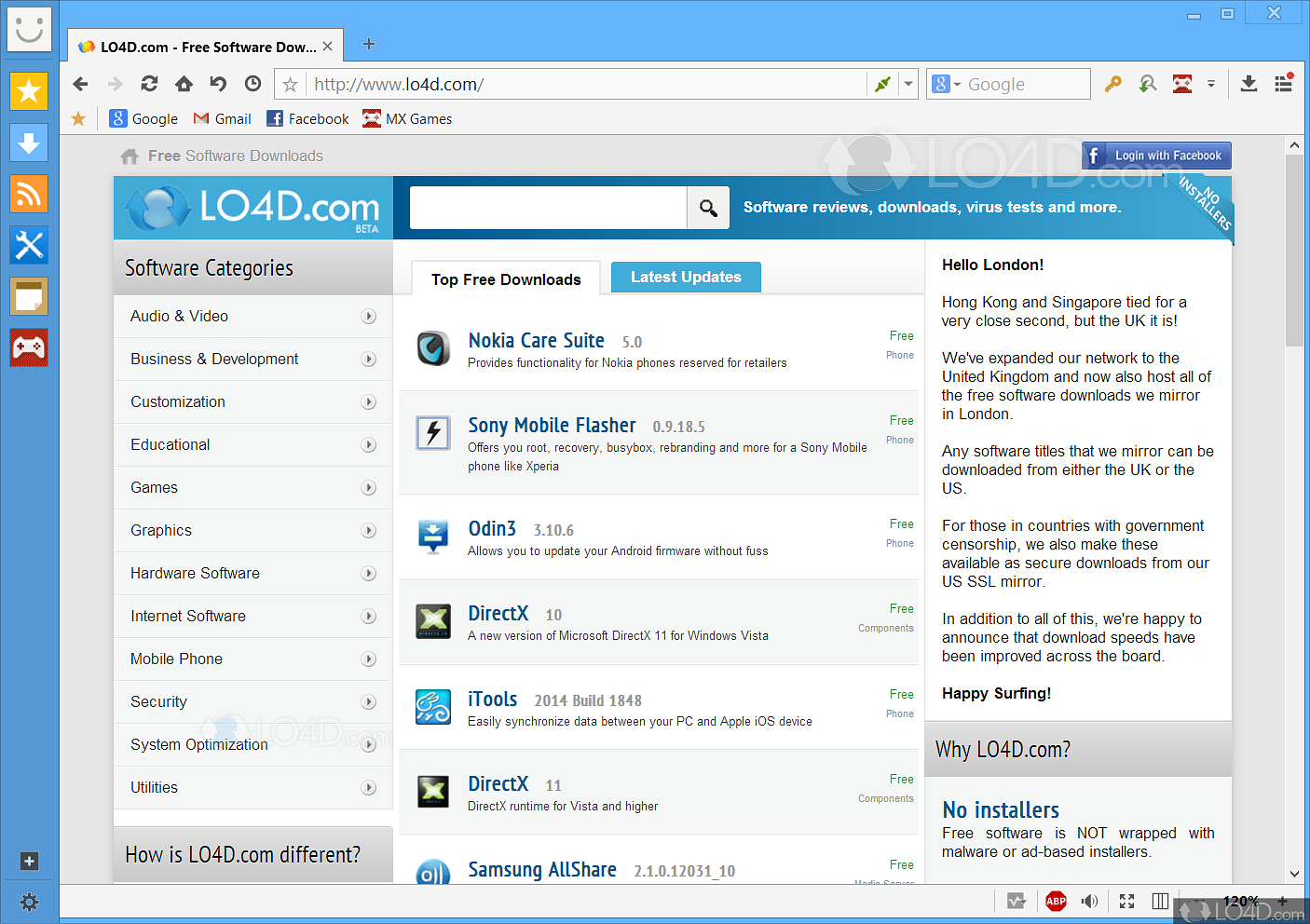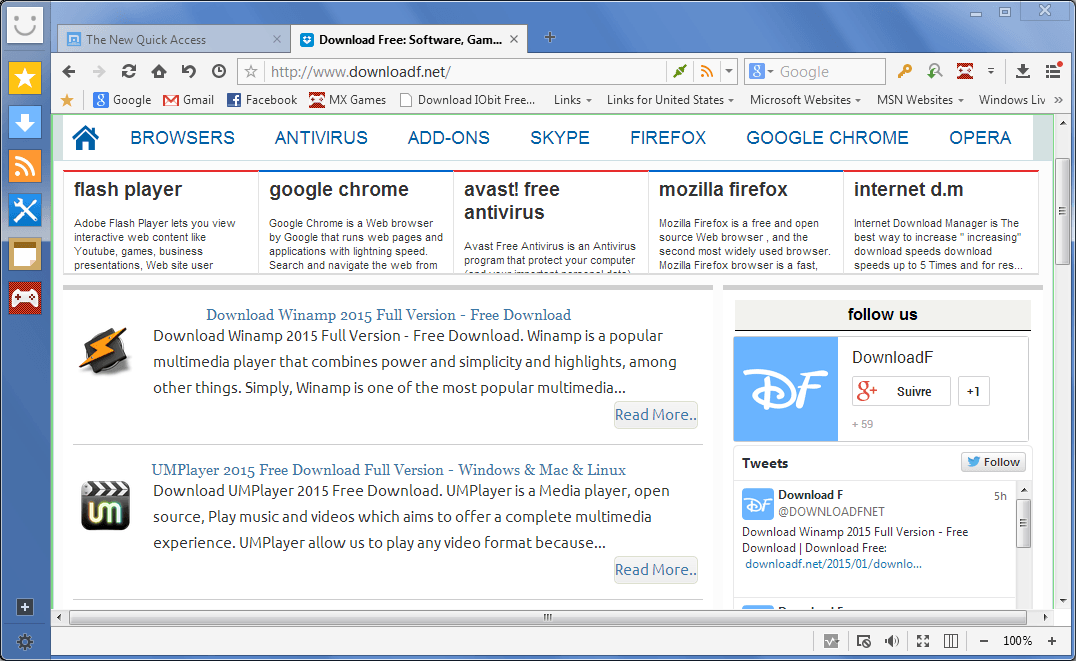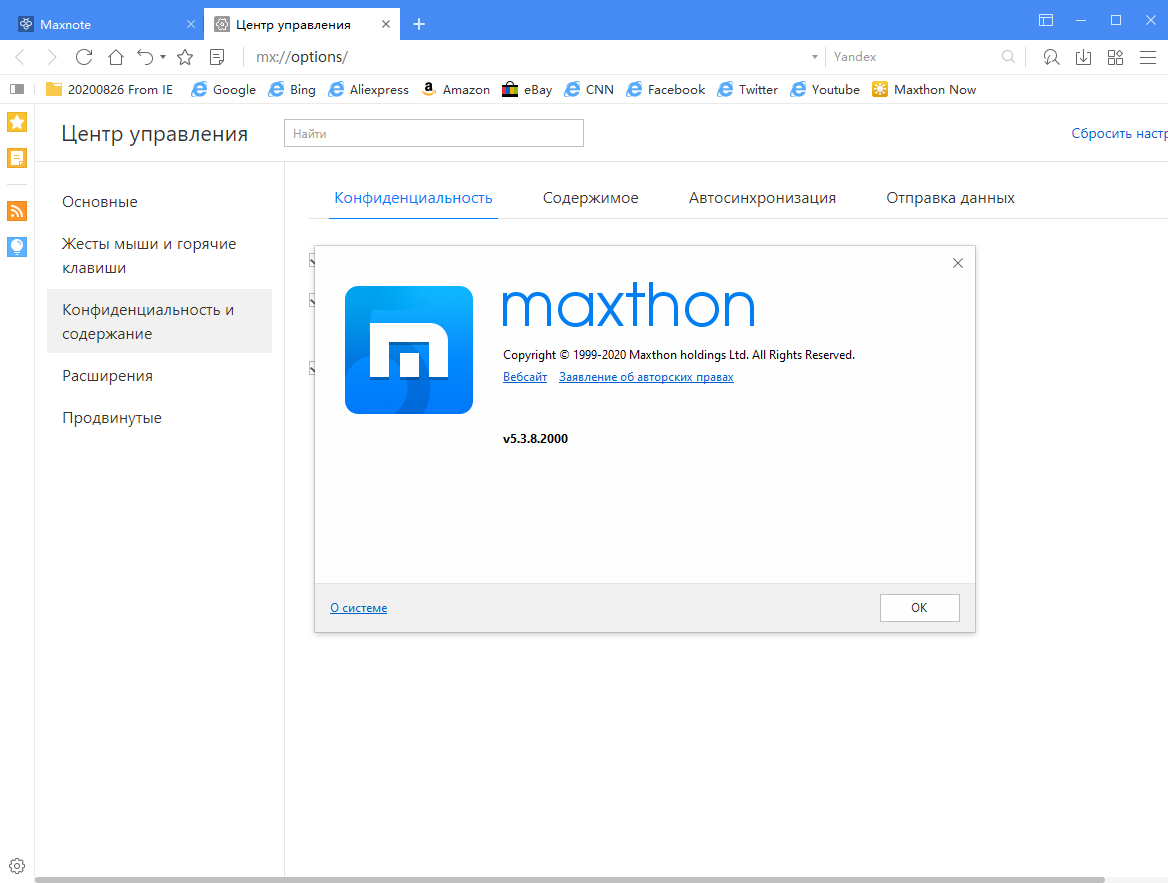

Read more comfortably in the dark with Maxthon now. *NIGHT MODE- Are you a night owl? It’s time to say time to sore eyes.

Employing multiple encryption technologies, your passwords will never be safer.
#MAXTHON BROWSER IMAGES PASSWORD#
*BUILT-IN PASSWORD MANAGER- It handles passwords for your, securely saves them and automatically fills them in next time you visit the site. Read, edit and organise your collection even offline. Collect and save any content you see on the web with one tap. *BUILT-IN NOTE-TAKING TOOL- You can make notes easily while browsing the web. It’s time to switch to this faster and lighter browser to improve the efficiency and save data now!

This browser is made just for mobile.Īs the the 6th generation web browser developed by Maxthon USA Inc., which was once awarded "Best Browser" on For 3 Consecutive Years, Maxthon Cloud Browser is created for those who spend much time on the web every day, especially for iOS users because of its iDevice features like Touch ID, 3D Touch… Smart image display could also help you control mobile data consumption effectively.
#MAXTHON BROWSER IMAGES OFFLINE#
Experts at the University of Toronto’s Citizen Lab have identified security and privacy issues in several popular Chinese browsers, including QQ Browser, UC Browser and Baidu Browser.Do you want to save mobile data and save money on your monthly bill? Try Maxthon Cloud Browser! You can save all kinds of stuff and read them offline in your browser at any time. This is not the first time researchers have raised concerns about web browsers developed by Chinese companies. SecurityWeek has reached out to Maxthon for comment. Experts have tested the latest version of the web browser and determined that it still transmits the data even if UEIP is disabled. However, according to researchers, sensitive data is sent to China regardless of how UEIP is configured.Įxatel said it contacted Maxthon about its findings, but it hasn’t heard back from the vendor. The vendor’s representatives said they only collect “basic data” when the feature is disabled – as opposed to “sensitive data” harvested when UEIP is enabled. Some Maxthon customers who noticed that the ueipdata.zip file is created even when they opt out of the UEIP asked the company for clarifications. Knowing the exact operating system and installed applications, and browsing habits it would be trivial to send a perfectly crafted spearphish to the victim or perhaps set up a watering hole attack on one of their most frequented websites,” explained Fidelis Cybersecurity CSO Justin Harvey. “Essentially, the information that is being transmitted back contains almost everything you would want in conducting a reconnaissance operation to know exactly where to attack. They are concerned that the information on browsing habits and the installed applications could be highly valuable for a malicious actor looking to conduct a targeted attack. However, as experts discovered, the data is being collected even if users opt out of the UEIP. The vendor claims the program is voluntary and “totally anonymous.” The role of the program is to help the developer understand its users’ needs and deliver better products and services. The ueipdata.zip file is created and sent to Maxthon servers as part of the company’s User Experience Improvement Program (UEIP).

Exatel researchers demonstrated how a man-in-the-middle (MitM) attacker could intercept the data as it travels from the client to the Maxthon server in China. While dat.txt is encrypted, experts easily found the key needed to decrypt it, giving them access to the information. This file stores information on the operating system, CPU, ad blocker status, homepage URL, websites visited by the user (including online searches), and installed applications and their version number. Further analysis revealed that ueipdata.zip contains an encrypted file named dat.txt. Researchers at Fidelis Cybersecurity and Poland-based Exatel recently found that Maxthon regularly sends a file named ueipdata.zip to a server in Beijing, China, via HTTP. In 2013, after the NSA surveillance scandal broke, the company boasted about its focus on privacy and security, and the use of strong encryption. Researchers warn that the harvested data could be highly valuable for malicious actors.ĭeveloped by China-based Maxthon International, the browser is available for all major platforms in more than 50 languages. Security experts have discovered that the Maxthon web browser collects sensitive information and sends it to a server in China.


 0 kommentar(er)
0 kommentar(er)
